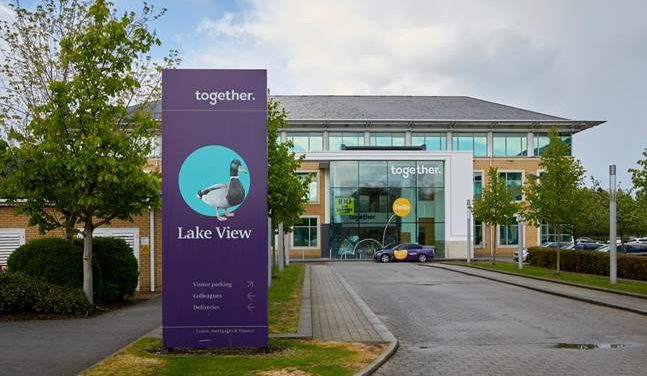Can bridging afford a no-deal Brexit
By Bridging Loan Directory
With the intractable negotiations concerning the Irish border rumbling on the possibility of a ‘No Deal’ Brexit, whilst still small, cannot be entirely ruled out. Clearly it’s in everyone’s interests to reach a deal, not least of all for the EU who, it must be remembered, are massive net exporters to the UK. German car manufacturers are just one group who will be applying strong pressure to EU negotiators given that it’s the British that love BMW’s and Mercedes whilst many French prefer to drive Citroens and Peugeots!
Having said the above, there has to be a concern that negotiations that are fundamentally important to both the UK and the EU seem to be driven more than ever by the personal self-interest of politicians, deep-seated nationalistic prejudices and EU bureaucrats wielding more power than their unelected status merits or should perhaps permit.
With the clock ticking the citizens of the UK and every other EU member state deserve better. Now is surely the time for the emotive language, veiled threats and brinkmanship to give way to a more measured and adult approach to negotiations?
At this critical phase our own politicians need to remember that the UK is in fact the sixth largest economy in the world. We are a global trading powerhouse with an infrastructure, regulation and legal system that is the envy of the world. It’s no coincidence that we continue to attract vast sums of foreign investment. As a nation we are geographically well placed, resilient, business friendly and far more dynamic than we give ourselves credit for. It is frustrating that our politicians and media seem pre-occupied with talking us down when actually we are doing rather well despite of this perpetual negativity.
In the second quarter of 2018 our economy actually grew at twice the rate of the French. Our house build numbers are at near record levels and yet supply is still failing to keep pace with demand. The UK housing market is fundamentally strong and robust and the notion that a ‘No Deal’ Brexit will lead to a cataclysmic price correction seems highly unlikely.
After the 2008 global financial crisis we bounced back more strongly than virtually any other nation and it seems likely we would do so again even in the event that a ‘No Deal’ Brexit leads to some temporary uncertainty.
At the forefront of this recovery is likely to be a strong, innovative and adaptable bridging sector which has grown rapidly in recent years to fill the void left by the High Street banks in the wake of the last recession. Specialist bridging lenders have proved that they can thrive in any macro-economic environment, many having been founded and forged during a period of huge economic uncertainty.
A diverse mix of lenders with even more eclectic funding sources will have the flexibility and commercial awareness to seize opportunities whatever the situation come March 29th next year. If institutional lenders find their funding being squeezed and risk profiles tightened in the event of a ‘No Deal’ scenario Bridging Lenders now exist that can step forward to service the demand from investors, developers and SME’s. The lesson of London over the last couple of years is that even in formerly overheated markets there are always compelling buying opportunities, opportunities that bridging lenders are adept at servicing.
In summary, whilst a ‘No Deal’ is still the least likely outcome we must stand strong and accept that it is a possibility. By doing so we will strengthen our hand in negotiations and give ourselves the best chance of securing a good deal. If ultimately no satisfactory deal can be reached, then the Bridging Sector will be of key importance in helping to under-pin the UK Housing market and has the potential to thrive as the UK comes to terms with life outside the EU.
We should never forget that the vast majority of nations in the world are not in the EU and many of them seem to be doing pretty well. Furthermore, if it is a ‘No Deal’ outcome we would no longer be obliged to pay the £39 billion divorce settlement and that could equate to an awful lot of new roads, schools and hospitals. Whatever the next few months bring the Bridging sector certainly won’t be paralysed by fear and stands ready to seize the opportunities change will inevitably present.
Brian West, Director, Central Bridging











You must be logged in to post a comment.